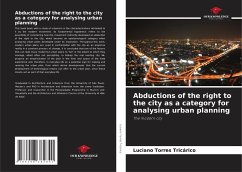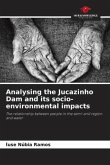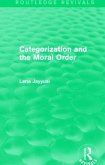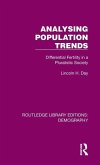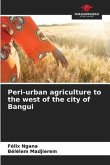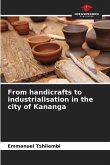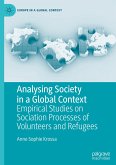This book deals with a study of urbanism in the characterisations attributed to it by the modern movement. Its fundamental hypothesis refers to the possibility of considering how this movement indirectly developed an abduction of the right to the city, which became an epistemological category when analysing urban plans developed under its inspiration. Throughout this work, modern urban plans are used in confrontation with the city as an empirical reality in a constant process of change. It is concluded that one of the factors that can lead many modernist urban plans to 'fail' is the extent to which they manage, albeit often not perceptibly, to kidnap the real existing city. We propose an empiricisation of the plan in the time and space of the lived experience and, therefore, in everyday life as a potential sign for making and revising the urban plan, from which derive developments that the current development of technological means can offer to the urban plan, since these means act as part of that everyday life.
Bitte wählen Sie Ihr Anliegen aus.
Rechnungen
Retourenschein anfordern
Bestellstatus
Storno

